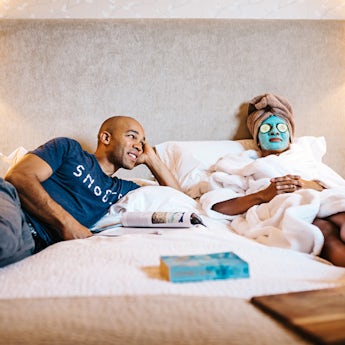The typical, straight forward transaction tends to vary between 8-12 weeks of the purchase being agreed. However, there are many factors that can affect this timeline. For example, you are likely to have a quick completion If the seller has already left the property and your mortgage is secured. But if the seller happens to still be in the property, you are to expect a longer completion date.
Because of this variation we always suggest to never commit to delivery of goods or taking time off work until a definitive completion date is confirmed by the solicitor.
Dependant on what stage you are at, it is possible to pull out of the purchase. If you have not currently exchanged the contracts then either party are able to withdraw from the process. But once these contracts have been signed nobody is able to pull out. If this was to happen it would be a breach of the contract and would allow for the seller to keep your deposit.
The Surveyor Has Found An Issue With The Property. What Do I Do?
If your surveyor discovers a problem with the property you are in the process of buying, you have a few options before you finalise exchanging contracts. If the issue is substantial enough it may cause you to pull out of the purchase, however if it’s something that can be fixed here are your options. Firstly, you can request that the seller corrects the problem at their own expense or alternatively you could request a price reduction that will cover the cost of resolving the problem.
How Is A Completion Date Chosen?
Once both parties have signed the contracts then your solicitor and the seller’s solicitor will consult both parties and agree a completion date.
It’s slightly different if you require a mortgage as after the contracts are signed, the mortgage will be requested from the lender by your solicitor. The mortgage lender will then let your solicitor know when the funds will be released, and your solicitor and the seller’s solicitor will consult both parties and agree a completion date.






